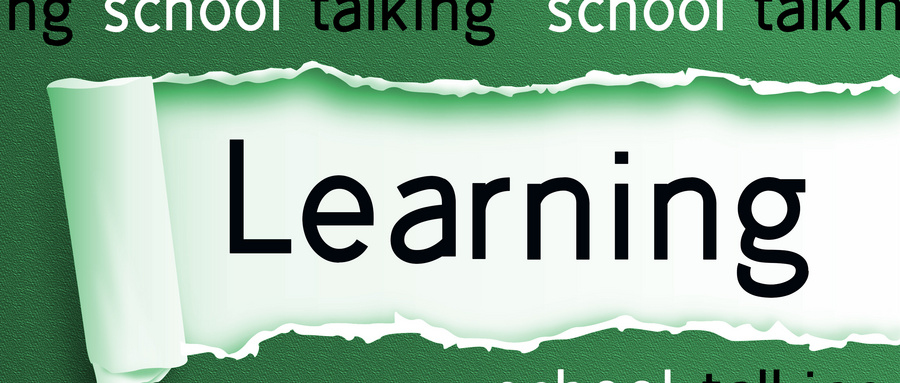高考英语短文的改错占比不大,但是涉及的知识点比较多,小编今天跟大家讲解的是短文改错中介词的常见错误,希望此文对大家有所帮助。
介词考点及副词考点
① 有些动词在汉语中是不及物动词,在英语中是及物动词,可能多一个介词。如:serve for the people, follow after him, play with her in a match, marry with her, engage withher
② 有些动词可作及物动词,也可作不及物动词,但搭配不同,可能混淆而多一个介词。如:join in the game, 但 join in the club; pay for a TV set, 但 pay for three dollars; search for the map, 但 search for the thief for his watch
③ 有些“动词 + 介词”形式的动词后面没有宾语时,后面的介词是多余的。如:He looked at but could see nothing.How are you getting on with?
④ 有些动词、名词、形容词后接名词或代词时须加一个介词,但接that从句时,必须去掉介词。如:agree to it, 但 agree to that...; be sure of it, 但be sure of that…; be sorry for it, 但 be sorry for that…
⑤ 有些副词或介词词组后加一个介词,组成了复合介词,若后面没有接宾语时,最后的介词则是多余的。如:If you won’t go, I’ll go insteadof.He walked out of.
⑥ 有些连词后加 of 成为复合介词,如果后接从句,of 是多余的。如:Because of he was ill…
⑦ 地点副词的意义中已经包含了介词 to,如果再用 to则是多余的。如:on my way to there, get to home, go to upstairs, return to home
⑧ last year, next month, this week, one day等名词词组直接充当时间状语,前面用介词是多余的。
⑨ 有些动词受汉语意思影响而多一副词,如:stop down(停下来), raise up (举起来), return back(归来,回来), repeat again (复述)
⑩ 有些动词在一种用法中要加副词,而在另一种用法中加副词则是多余的。如:build up our country, 但 build up railways
(介词)真题单句归纳:
(1) Suddenly we caught sight at a car and some men. (at 改为 of,catch sight of是习语,意为“看见”) (全国卷)
(2) When I have free time I go a long walk.(go 后加 for,go for a walk是习语(全国)
(3) It was very kind for them to meet me at the railway station. (for 改为of,注意句型 It‘s kind of sb to do sth) (全国卷)
(4) I was so tired that I fell asleep at the moment my head touched thepillow. (去掉 at,the moment 在此用作连词,相当于 as soon as)(全国卷)
(5) I feel sorry to him. (to 改为 for,be / feel sorry for sb 意为“为某人感到难过”)(动词)真题单句归纳
(6)Books may be keep for four weeks. (keep 改为 kept,因此处要用被动语态(全国)
(7) They eager to know everything about China and asked me lots ofquestions. (eager 前加were,因此处缺谓语动词) (全国卷)
(8) I‘d like to your pen-friend, and get to know more about your country.(to 后加 be / become,因 would like后要接不定式,根据句意此处应加 be / become)(全国卷)
(9) There will an important game next month. (will 后加be,此处缺谓语动词)
(10)We were all left home at an early age.(去掉were,因句中已有谓语动词left,“我们离开家”又是主动,不能再加be) (天津卷)
(11) Bill insisted in staying near the car. (in 改为 on,insist on 为固定搭配) (全国卷)
(12) Suddenly we caught sight at a car and some men. (at 改为 of,catch sight of是习语,意为“看见”) (全国卷)
(13) When I have free time I go a long walk. (go 后加 for,go for a walk 是习语) (全国卷)
(14) When they came down the police were angry to them. (to 改为 with,要表示对某人生气,英语习惯上用be angry with sb) (全国卷)
(15) Most people can quickly get for help from a doctor or go to a hospital since they are ill. (去掉 for,因其前的 get 是及物动词) (全国卷)
(16) …and some books, for example, books for history, science, cooking and gardening are also popular. (books for 改为 books on,此处的 on 意为“关于”) (全国卷)
(17) I never knew about a ride down a river could be so exciting. (去掉 about 或将 about 改为 that,因动词 knew 后可直接跟宾语从句,无需用介词) (全国卷)
(18) It was very kind for them to meet me at the railway station. (for 改为 of,注意句型 It’s kind of sb to do sth) (全国卷)
(19) In fact, they are planning to visit China in next year. (去掉 in,在由 next, this, last 等构成的时间短语中,一般可直接用作时间状语,无需加 in, on, at 这样的介词) (全国卷)
(20) We practise for three times every week. (去掉 for,在表示频率的名词前通常不加介词) (全国卷)